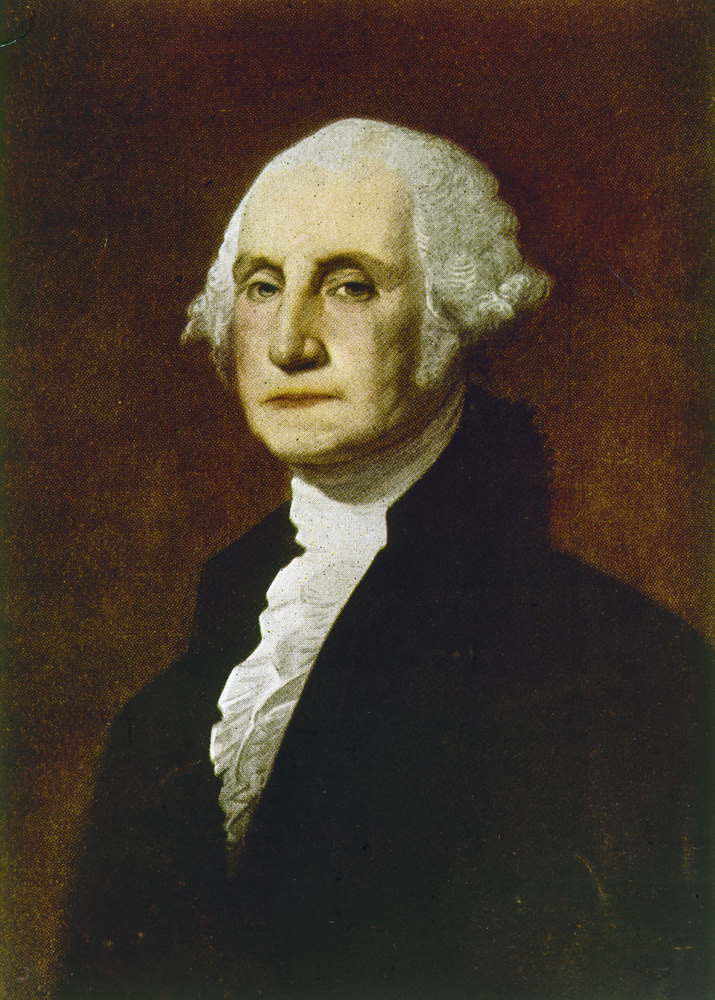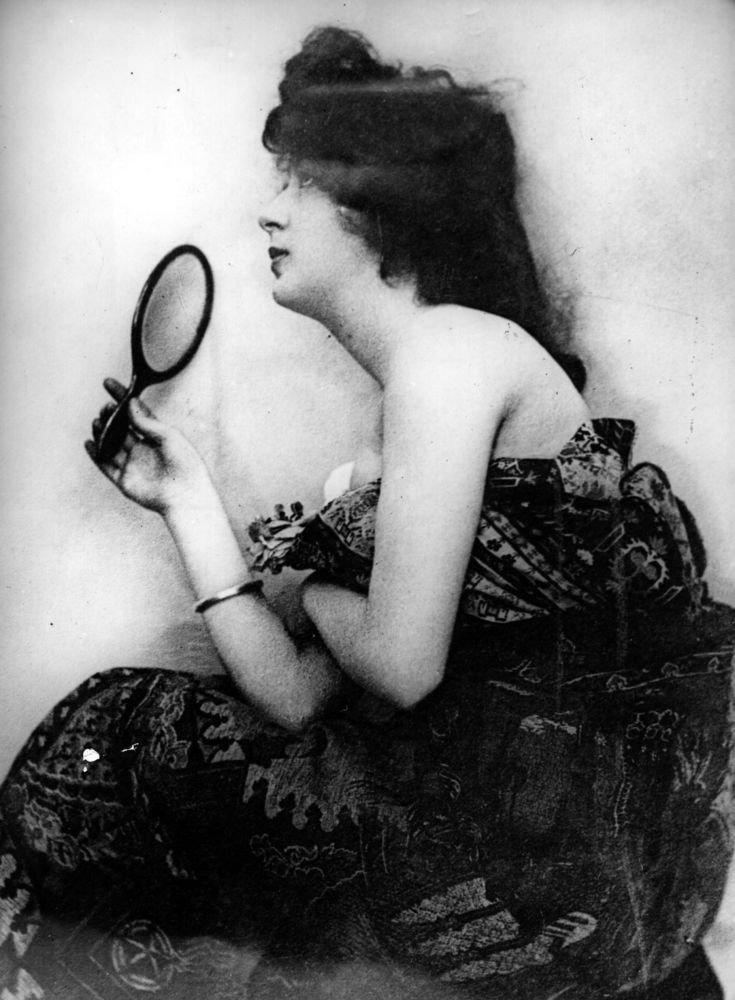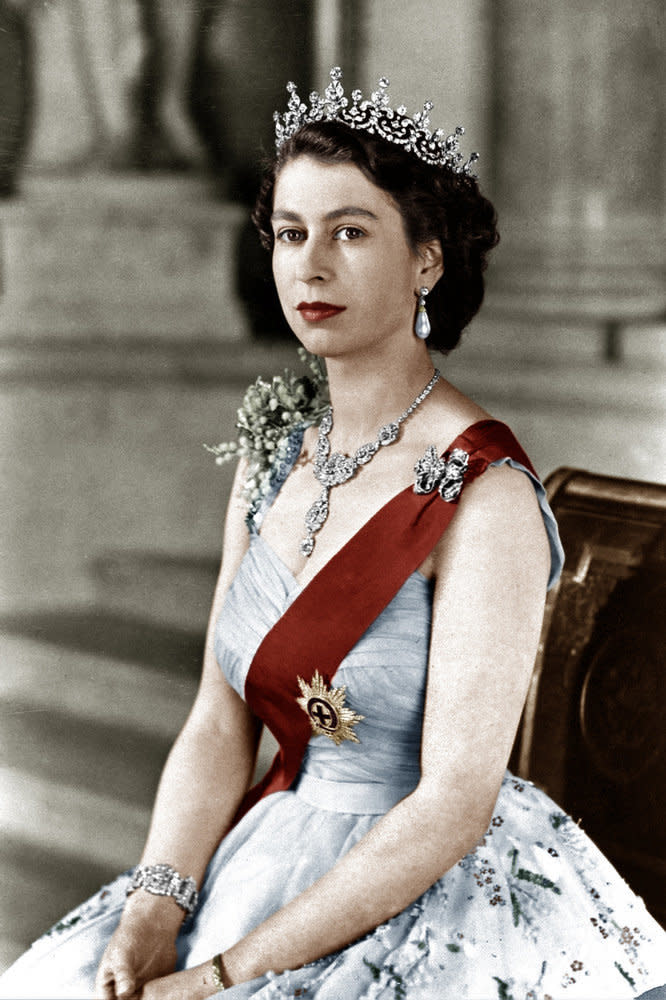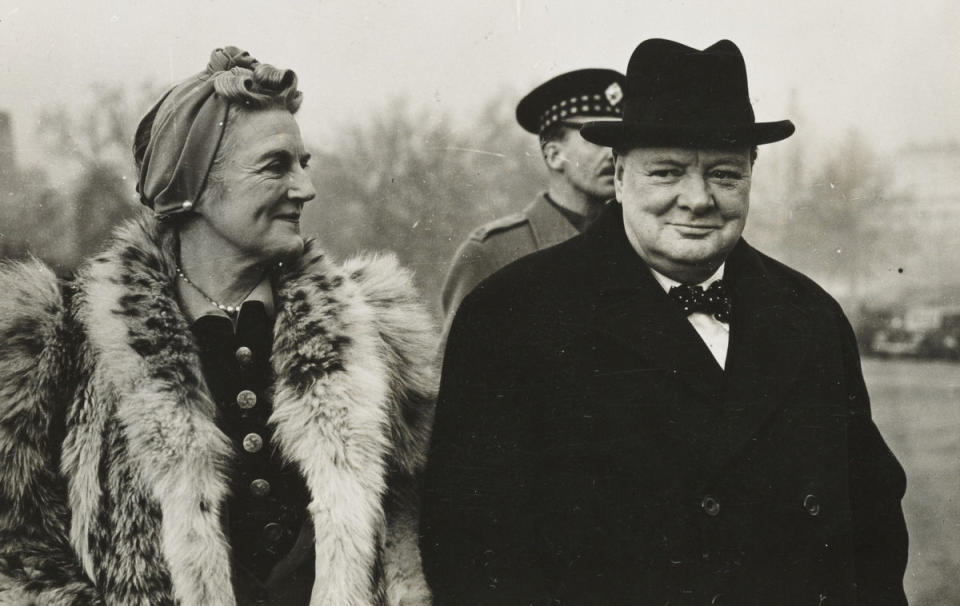9 Facts You Should Know For National Lipstick Day
Society has a long-runninglove/hate relationshipwithlipstick, and vacillating perceptions of the women (and men) who wear it.
Numerous governments over the centuries, includingthe British Parliament, have gone so far as to attempt to ban the makeup. And the iconic beauty product even ignited incredibly territorial demands from women likeElizabeth Taylor, who allegedly forbid the wearing of lipstick by any other women working on her film sets.
In celebration of National Lipstick Day (July 29), we pulled together all the mind-boggling facts you should know. We promise, you'll never look at a tube of red lipstick the same way again.
Lipstick Might Have Implied You Were A Prostitute

A Lipstick Ban Was Briefly Considered

Lipstick Was An Indicator Of Social Rank

George Washington Wore It

Some Thought Lipstick-Wearing Should Be An Offense Punishable By Law

The Queen Had Her Own Signature Shade Made

Lipstick Allegedly Caused Diva Moments

Winston Churchill Would Not Allow Lipstick To Be Rationed

80 Percent Of American Women Wear Lipstick

This article originally appeared on HuffPost.

